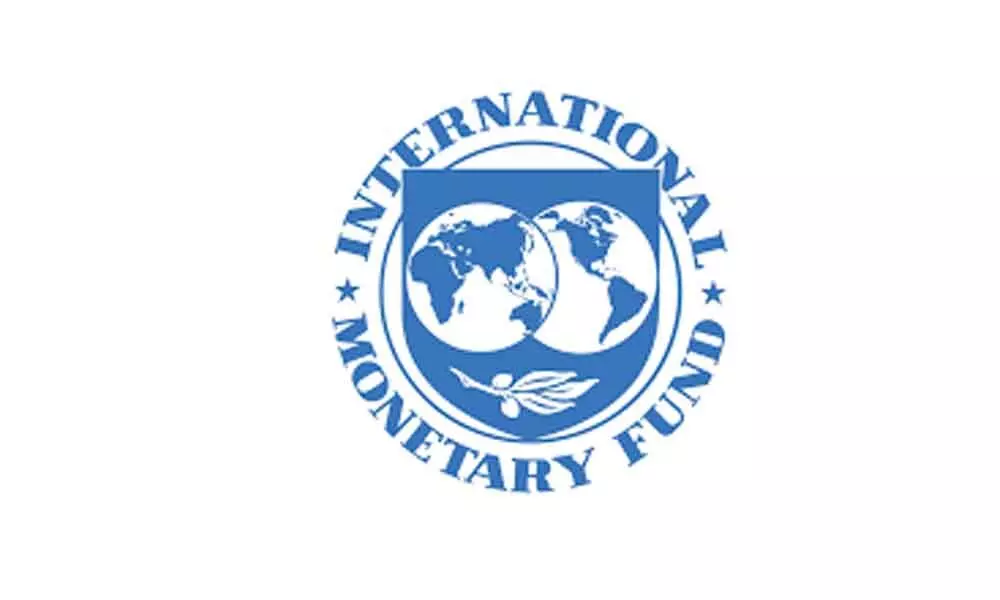IMF calls for 'substantial' stimulus against coronavirus

Governments should deploy "substantial" stimulus and international coordination to counteract the economic impact of the spreading coronavirus epidemic, the International Monetary Fund's chief economist said on Monday.
Washington: Governments should deploy "substantial" stimulus and international coordination to counteract the economic impact of the spreading coronavirus epidemic, the International Monetary Fund's chief economist said on Monday.
Given the "acute shocks" caused to economies, consumers and businesses, Gita Gopinath said "policymakers will need to implement substantial targeted fiscal, monetary and financial market measures to help affected households and businesses."
That includes "cash transfers, wage subsidies and tax relief" as well as interest rate cuts and financial market support by central banks.
Given the global economic linkages, "the argument for a coordinated, international response is clear," she said in a blog post.
Yet such a strategy seems to be lacking thus far. The IMF has already warned that the impact of the COVID-19 outbreak will slow growth in the world economy to below the 2.9 per cent posted last year.
IMF chief Kristalina Georgieva said last week the epidemic "is no longer a regional issue, it is a global problem calling for global response."
She warned that the financial need could top $1 billion. The virus has shuttered factories, disrupted travel, delayed conferences and sporting events and infected more than 110,000 people worldwide while killing more than 3,800, mainly in China, and is accelerating in other countries.
Gopinath said the impact is seen in production cuts hitting companies across the globe that depend on parts from China, as well as consumption, since people are reluctant to go out and spend money.
The result then ripples into financial markets as borrowing costs rise when "banks suspect consumers and firms may be unable to repay their loans on a timely basis."
"Higher borrowing costs will expose financial vulnerabilities that have accumulated during years of low interest rates, leading to a heightened risk that debt cannot be rolled over," she said.








